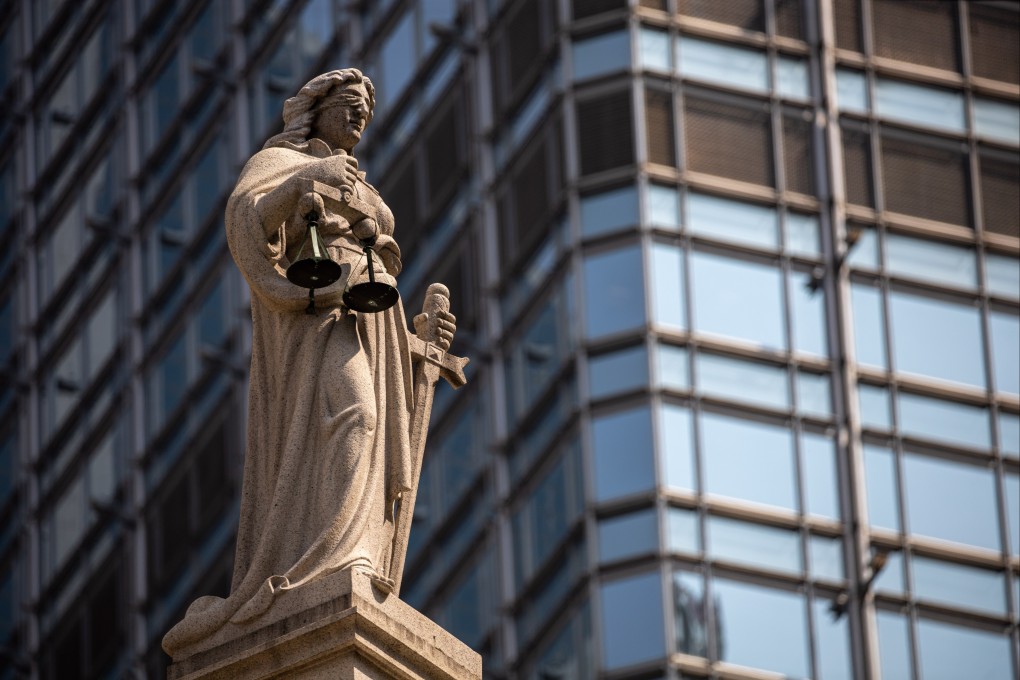My Take | The role of an independent judiciary must be promoted
- The threatening letters sent to judges have been rightly condemned. But they should also prompt reflection on the way perceptions of the judiciary have changed

One of the joys of covering court cases in Hong Kong in the 1990s was the absence of security measures. There was no need for them. Judges, lawyers and the public felt safe. Sadly, times have changed.
These ugly attacks have rightly been condemned by the legal profession. The government warned it will “leave no stone unturned” to catch the culprits. But if the perpetrator is in Taiwan, the origin of at least some of the letters, there might not be much they can do.
They are not the first attempts to intimidate judges involved in jailing or denying bail to protesters and opposition figures. There were others in December and May. The ongoing threats risk undermining the city’s rule of law.
But the attacks should also prompt reflection on the way in which perceptions of the judiciary have changed in recent years.
